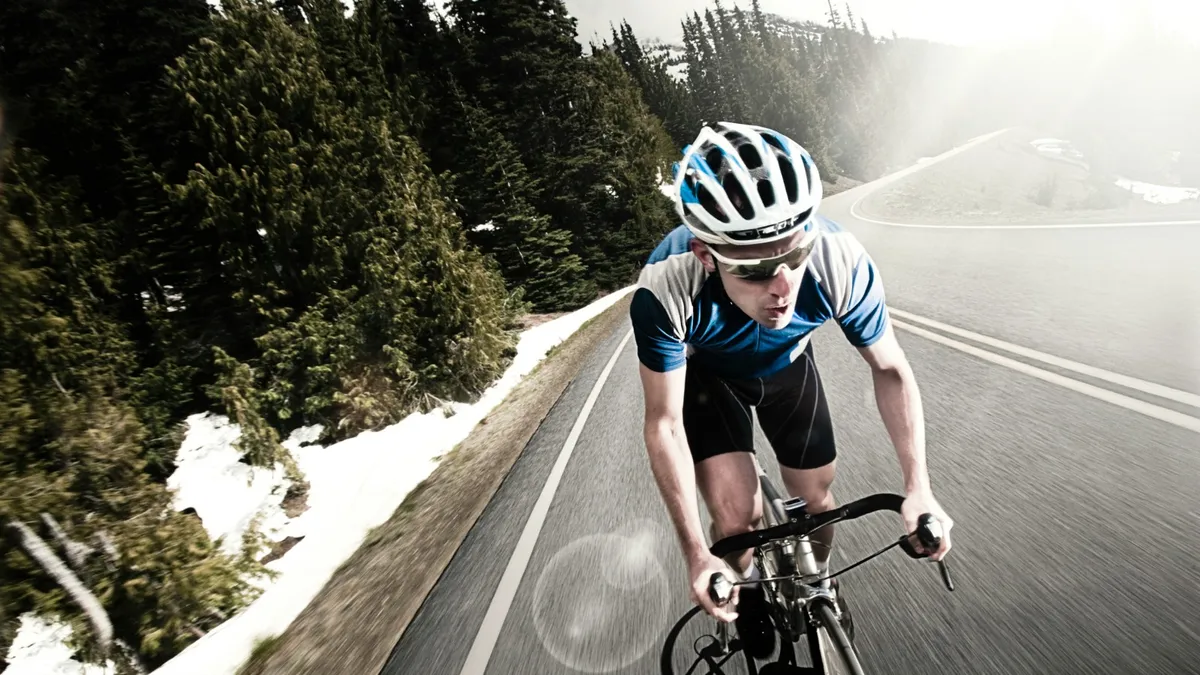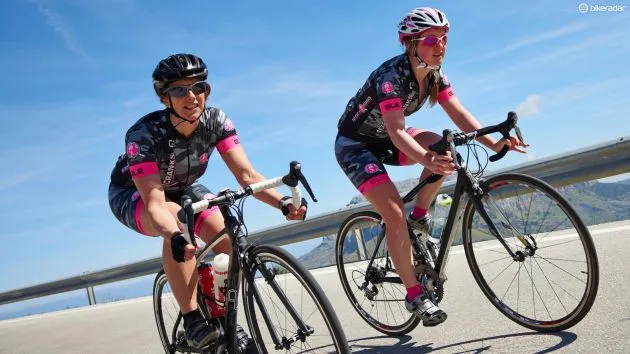While much of the work of a sports psychologist is focused on helping an athlete perform to their optimum in competition, a key area of work for some is understanding how the brain processes information.
When dealing with cycling, it’s important to realise that information is flooding into the brain from all five senses as we ride our bikes. The study of how we cope with this plethora of information and what we do with it is central to our understanding of how we learn and perform a sports skill.
While many believe that the selection process is completely automatic, there’s evidence that you can improve your ability to attend to relevant cues
How much do we take in?
We receive a huge amount of information from our visual, auditory, kinaesthetic (the feeling of our body’s position in space), olfactory (smell) and gustatory (taste) senses.
How we deal with all this has led to considerable debate, but due to the difficulty of really understanding the workings of the brain there is no clear consensus. However, one theory is that the brain can only process a limited amount of information it receives at any one time.
Therefore, when on a bike, we will often be attending to visual information at the expense of the smell or taste information, due to lack of processing capacity.

What has all this got to do with me riding my bike? Well, I have known riders who are poor at selecting which cues (bits of information coming in both from the environment and from their own body) to attend to and which to ignore.
While many believe that the selection process is completely automatic, there’s evidence that you can improve your ability to attend to relevant cues. In a road race I know of riders who are poor at reading brakes or have a habit of clipping wheels.
And in time trials, some riders report that they ‘drifted off’ into their own little world for part of the race and therefore underperformed by not focusing on key cues such as feedback from their body or the direction of the course.
If you know you have a weakness in concentration, then practice it in training. One handy trick is by sticking ‘key words’ to your bars to remind you of the key pieces of info to attend to.
Efficient sifting of information can be enough to make the difference between a successful or unsuccessful performance.
